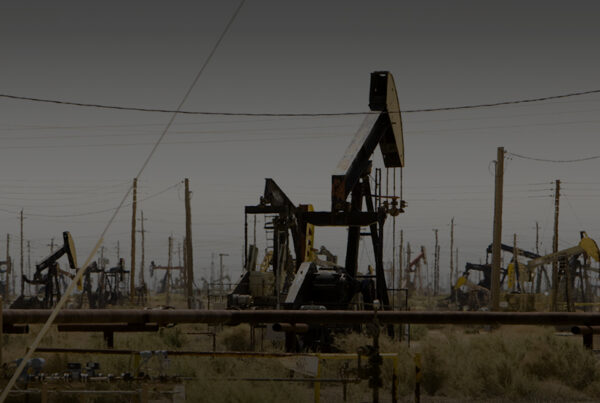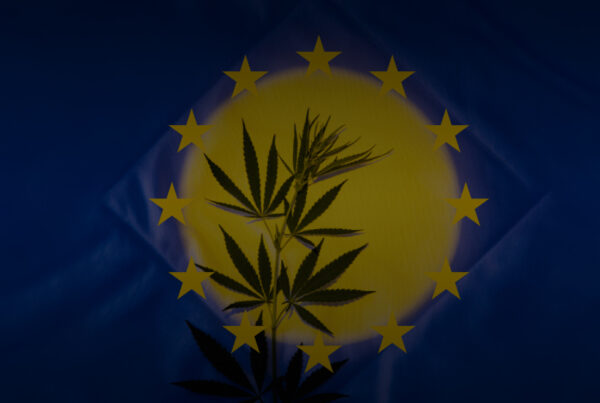The outright reason for Sri Lanka’s current crisis seems straightforward, the island nation strapped its foreign reserves and went bankrupt, however, a niche of external and internal factors has exacerbated Sri Lanka’s economy, which has pushed the country into an economic and a political crisis, with potential local and regional security implications.
The three decade-long civil war, which ended in 2009, has certainly contributed to the current events. Also, black swan events, such as terrorism being among the first to blame, having in mind the 2019 Easter bombings and COVID-19 pandemic, have resulted in nearly paralyzing the tourism sector.
In addition, the decade-long fiscal mismanagement, toppled with the government decision in 2019 to implement the largest tax cuts in nation’s history with the aim to revive the failing economy, have slashed the value-added tax by seven percent from the original 15 percent. This additionally led to severe reduction of government revenues, inducing creditors to demote Sri Lanka’s ratings. In turn, this hindered the country’s ability to borrow finances, while its foreign reserves dwindled.
How can we help?
Intelligence Solutions
The combination of business, market and strategic intelligence ensures result-driven outcomes for our customers.
Risk management
Risk management through the responsibility of taking risk ownership while ensuring safety and security
Alongside the failed tax cut policy, the accelerator of the crisis was the 2021 ban on chemical fertilizers in Sri Lanka, which aimed at balancing the annual imports, however, the move led to a significant drop in paddy yields, plummeting rice production, forcing the government to utilize its foreign reserves in order to import products. Two years after COVID-19, Sri Lanka’s economy is brought to its knees.
Besides, the current Russo-Ukrainian conflict and the imposed Western sanctions to Russia affected the global food and energy prices and pushed the island nation over the edge. Today Sri Lanka experiences the worst economic and political crisis since its independence in 1948, which bears the potential to reverse the development progress made within the Sustainable Development Goals framework and plunge the region into a humanitarian crisis and re-ignite the interethnic conflict.

ARTICLE | 15 PAGES






